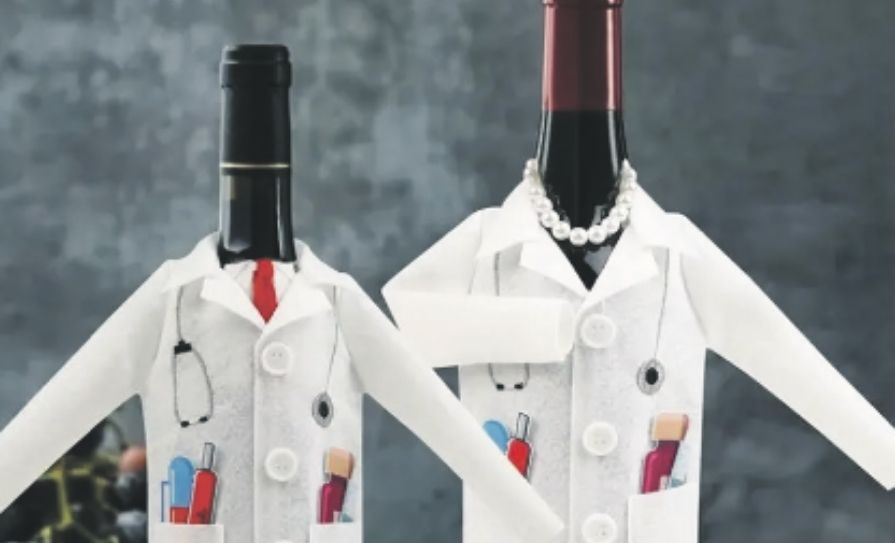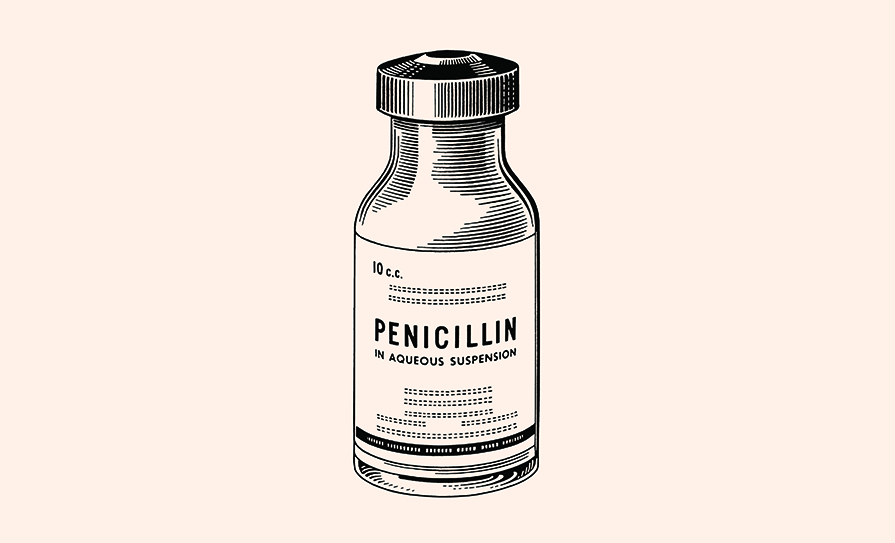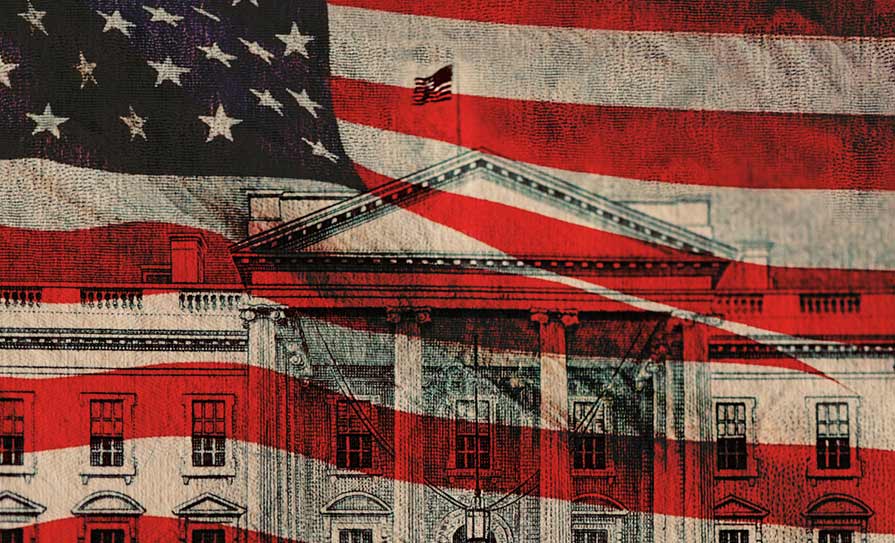Much has been made in many circles of the lessons learned from the pandemic, including how to be better prepared for the next one. Because as night follows day, it is of course a question of ‘when’ and not ‘if’.
Some of the lessons are more obvious than others – wearing a face mask will not seem so strange next time; the concept of ‘social’ distancing (how about that for a contradiction in terms) is now embedded in us; medical treatment now has one foot firmly in the digital world; and so on. Also, next time, hopefully toilet tissue will not somehow be coveted on the same level as a life-saving medicine.
In keeping with The Dorsal View‘s mission to bring you news that’s a little left-field, it seems appropriate to highlight some new research from the folks at University of California Irvine (UCI) in the US. They looked at people’s perception of the passage of time during the pandemic and how these distortions affected the participants’ mental health in areas such as depression and anxiety. The end-game of the research is to flag risk factors to aid in early mental health interventions.
A national sample of 5,661 participants were surveyed and, importantly, they had completed a mental and physical health survey prior to the pandemic. Of course, the lockdowns were an influential factor in distorting the passage of time and leading to what is known in psychiatry as ‘temporal disintegration’. However, the researchers found that pandemic-specific factors, such as financial problems, media saturation, and school closures all contributed to symptoms consistent with post-traumatic experiences.
The surveys were conducted between 18 March and 18 April 2020 and 26 September and 26 October 2020.
Corresponding author Prof E Alison Holman, Professor of Nursing at UCI, elucidated the findings: “Continuity between past experiences, present life, and future hopes is critical to one’s wellbeing and disruption of that synergy presents mental health challenges.
“We were able to measure this in a nationally-representative sample of Americans as they were experiencing a protracted collective trauma, which has never been done before. This study is the first to document the prevalence and early predictors of these time distortions. There are relatively new therapies that can be used to help people regain a more balanced sense of time, but if we don’t know who is in need of those services, we can’t provide that support.”
Prof Holman continued: “Given that distortions in time perception are a risk factor for mental health problems, our findings have potential implications for public health. We are now looking at temporal disintegration, loneliness, and mental health outcomes over 18 months into the pandemic,” she said. “This will help us gain insight into how these common experiences during the pandemic work together, so we can better understand how to help people struggling with these challenges.”
If you fancy digging a little deeper into the topic, the study was published recently in the journal Psychological Trauma: Theory, Research, Practice, and Policy.
Sometimes a glance over the shoulder at traumatic times such as the pandemic gives us perspective, and perhaps a small lift in spirits. Here are a couple of quotes to show that there’s always more ways than one of looking at a problem.
“Pretty wild how we used to eat cake after someone had blown on it.”
“In an unsettling reversal of my teenage years, I am now yelling at my parents for going out.”
“Remember, Rapunzel was quarantined and met her future husband. Let’s think positive here.”
“When coronavirus is over, there are some of you I still want to stay away from me.”













Leave a Reply
You must be logged in to post a comment.